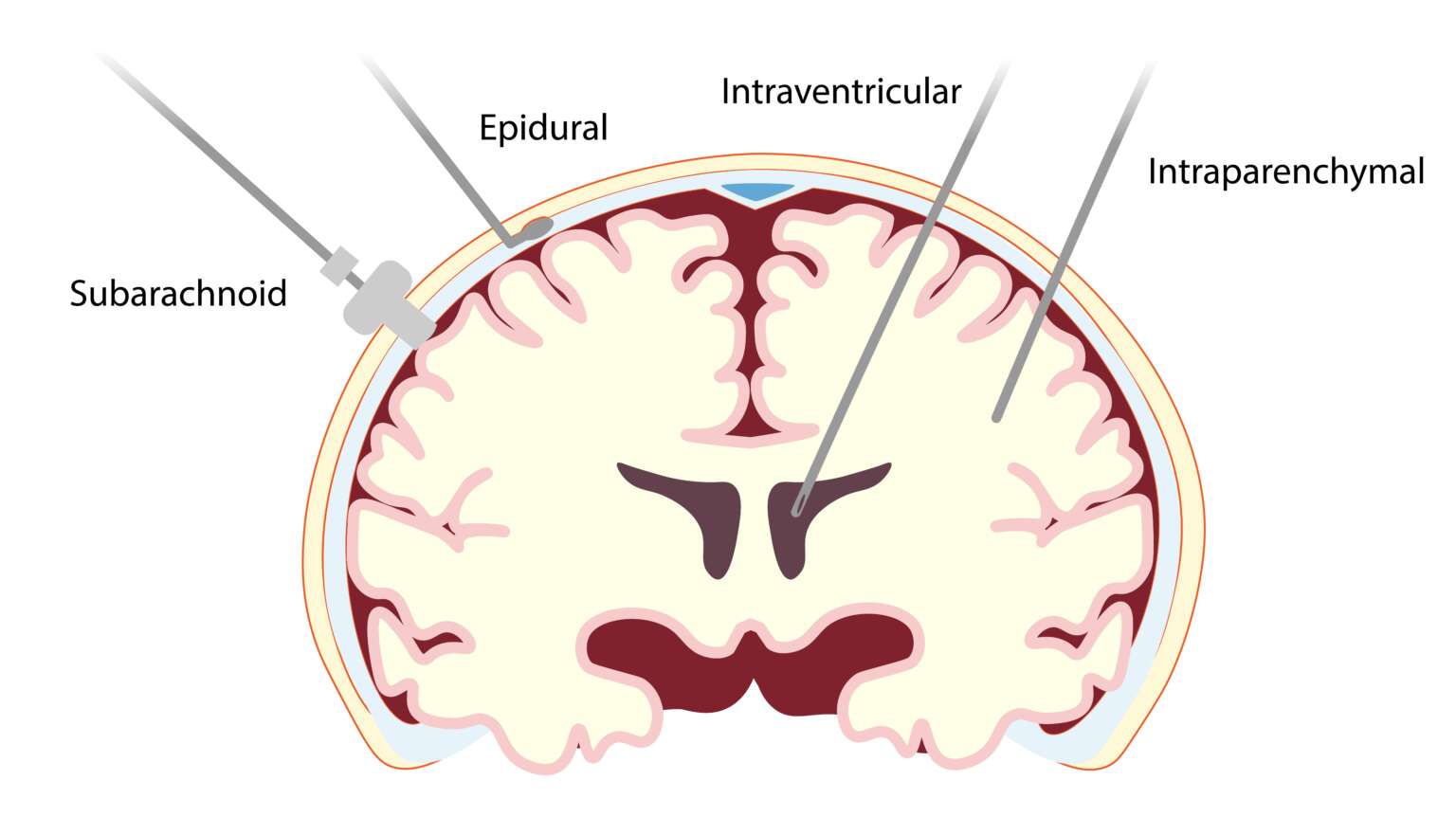What is Intracranial Pressure Monitoring?

Why Do You Need Intracranial Pressure Monitoring?
Intracranial pressure monitoring is often done to measure ICP. You can get the test when you have a brain/nervous system disease or severe head injury. It may also be after a craniotomy, especially when there are other associated risks like brain swelling, pupil abnormalities, hypoxia, and more.
TBIs are caused by physical trauma to the brain. The condition can occur after any experience involving a sharp blow to the head. Brain swelling usually occurs immediately after a TBI.
A stroke may also cause brain swelling. Having high blood pressure from this swelling puts you at risk for more strokes.
Surgery on the brain can be risky, especially for someone who has a brain injury, so providers try nonsurgical approaches before considering surgery.
Procedure
Step 1: Consultation
You will be scheduled for a series of tests to help ensure you don’t have an infection or a tendency to bleed. The doctor will also assess your overall health to determine if the procedure is safe for you.
Step 2: Administer Anesthesia
The neurosurgeon will administer general anesthesia to ensure your comfort during the procedure.
Step 3: Preparation of Scalp and Skull
Your doctor will prep your skull with an antiseptic solution. They will then drill a small hole into your skull.
Step 4: Perform the Test
Based on your condition, the neurosurgeon will monitor your ICP in three ways — using an intraventricular catheter, subdural screw, or epidural sensor.
Step 5: Closing the Scalp
Once the monitoring is complete, the device is removed and your skin will be sutured back into place.
Step 6: Results
Your doctor will carefully analyze the information obtained from the test to determine your ICP.
